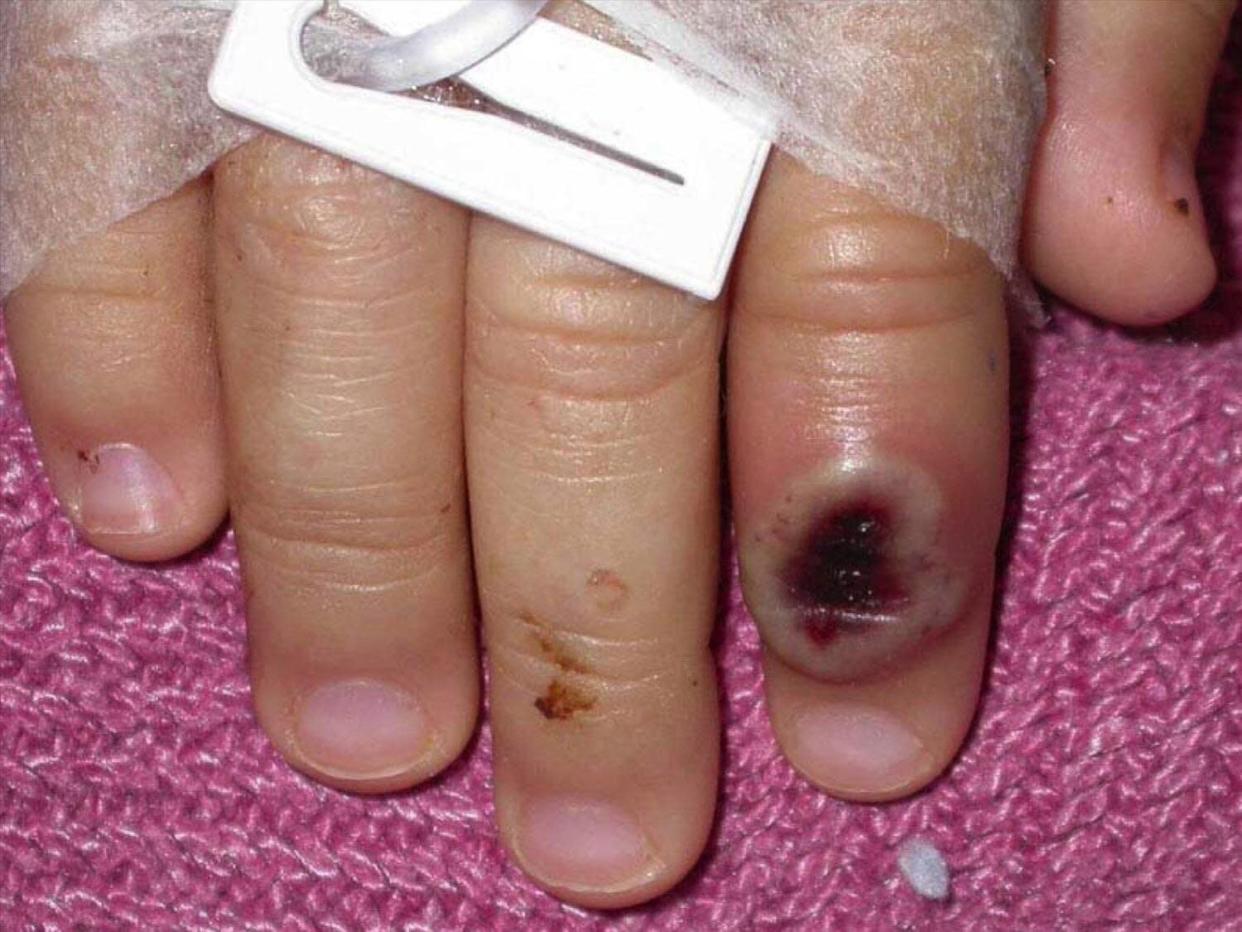First case of monkeypox reported in Singapore; patient in isolation ward

SINGAPORE — The first case of monkeypox infection in Singapore was confirmed by the Ministry of Health (MOH) on Thursday (9 May).
The patient is a 38-year-old Nigerian man who arrived in Singapore alone on 28 April, said MOH in a media release. He tested positive for monkeypox on 8 May, and is warded in stable condition in an isolation ward at the National Centre for Infectious Diseases (NCID).
The patient stayed at a hotel at 21 Lorong 8 Geylang from 28 April and had attended a workshop at 3 Church Street on 29 and 30 April. He developed fever, muscle ache, chills and skin rash on 30 April.
He reported that he had remained in his hotel room most of the time between 1 and 7 May. He was taken to Tan Tock Seng Hospital by an ambulance on 7 May and referred to NCID on the same day.
The patient said that prior to his arrival in Singapore, he had attended a wedding in Nigeria, where he may have consumed bush meat, which could be a source of transmission of monkeypox virus.
What is monkeypox?
Monkeypox is caused by a virus that is primarily transmitted to humans from animals. Infected persons would typically experience fever, headache, muscle ache, backache, swollen lymph nodes and skin rash.
Most patients recover within two to three weeks. In some cases, however, the virus can cause serious complications such as pneumonia, sepsis, encephalitis (brain inflammation) and eye infection with ensuing loss of vision.
Transmission of the monkeypox virus usually occurs when a person comes into close contact with infected animals (typically rodents) through the hunting and consumption of bush meat.
Human-to-human transmission, while possible, is limited. A person is infectious only during the period when he has symptoms, particularly skin rash.
Professor Leo Yee Sin, NCID’s executive director, said, “The risk of community spread of monkeypox within Singapore is low. There is no evidence to date that human-to-human transmission alone can sustain monkeypox infections in the human population.
On average, each infected person transmits the infection to less than one other person. This is much less infectious than the common flu. The chain of transmission can also be broken through contact tracing and quarantine of close contacts.”
Close contacts identified, quarantined
MOH has identified 23 people as close contacts of the patient after its investigation and contact tracing. These include 18 participants and trainers who attended the same workshop, one staff at the workshop venue and four hotel staff who had close contact with the patient.
These people have been assessed by NCID and offered vaccination, which can prevent the disease or reduce the severity of symptoms. As a precaution, they will be quarantined and monitored for 21 days from their date of exposure to the patient.
All other contacts who have a low risk of being infected were also put under active surveillance, and will be contacted twice daily to monitor their health status.
Precautions to take
MOH advises travellers to areas affected by monkeypox in Central and Western Africa to take precautions, including:
Maintain a high standard of personal hygiene, including frequent hand washing after going to the toilet, or when hands are soiled.
Avoid direct contact with skin lesions of infected living or dead persons or animals, as well as objects that may have become contaminated with infectious fluids, such as soiled clothing or linens (e.g. bedding or towels) used by an infected person.
Avoid contact with wild animals, and consumption of bush meat.
Seek immediate medical attention if they develop any disease symptoms (e.g. sudden onset of high fever, swollen lymph nodes and rash) within three weeks of their return. They should inform their doctor of their recent travel history.
Other Singapore stories:
NSF, 25, charged with evading national service for over 5 years
New scanning technology may be adopted to combat illegal wildlife trade: Sun Xueling
Maid who hid $5,002 stolen from employer in her vagina jailed



